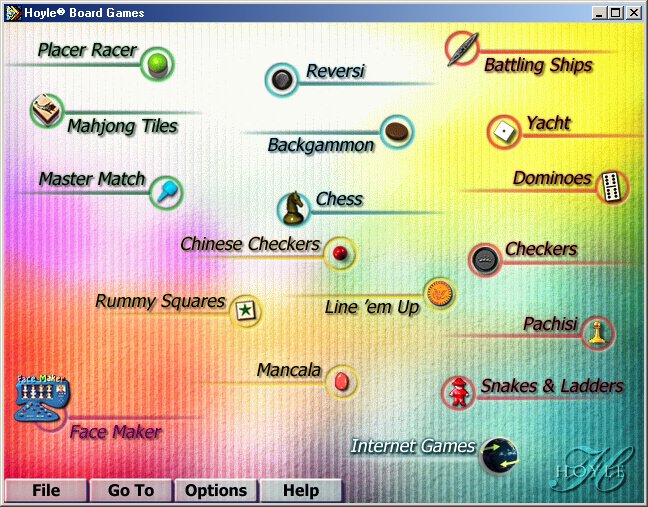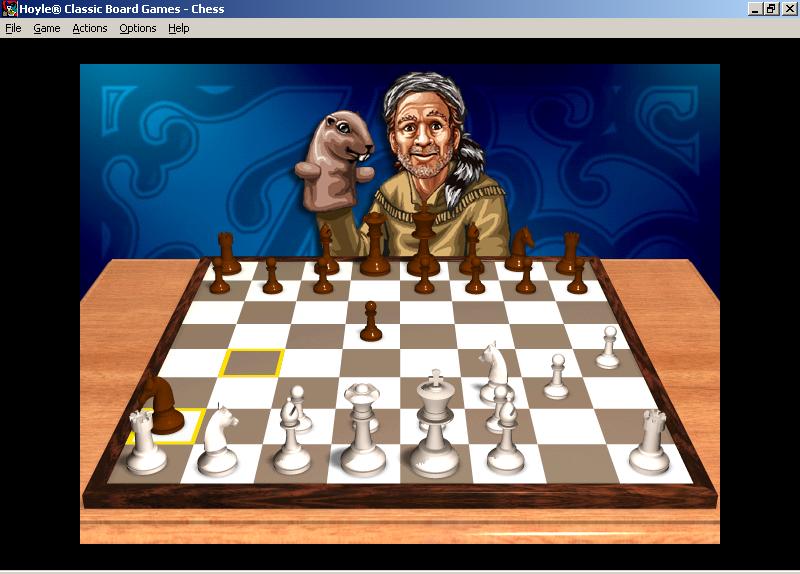

These games allow players to have some kind of connection to the reality the games are trying to emulate. Other games that emulate real life scenarios are war games such as Conquest of the Empire or Risk. Some people enjoy games that have a real-life theme and that can involve you for hours in one round such as Settlers of Catan or Puerto Rico. Other brain games include word games such as Scrabble and Boggle. Many adults who enjoy exercising their brains enjoy strategy games such as Chess and Go. Children like dice games such as Chutes and Latters and Candyland, where the game is based mostly on luck. There are several categories of board games. Because of advanced artificial intelligence, you can play Life, Clue, Mancala, Scrabble, Backgammon, Checkers, Trivial Pursuit, Scrabble and Monopoly by yourself on your game console or computer without the need of other human players.

Many board games have now been turned into popular video and computer games as well. Parker Brothers then bought the game, and soon after produced Clue, Risk, and Sorry!, all of which became just as popular. The modern board games we are familiar with today began at the turn of the century around 1900 when Elizabeth Magi created “The Landlord Game.” In the 1930s, the Charles Darrow copyrighted the game as “Monopoly” and toy seller FAO Schwartz placed an order for hundreds of copies. Chess, and even checkers, still represent these types of games, even though the players never think of the game as a battle anymore. Almost all of the earliest board games were two player games in which opposing armies battled on a board. Dating almost as far back as these Egyptian games, Backgammon was played in ancient Persia as early as 3000 BC. Ancient Egyptians also commonly played another board game called Mehen, which had marbles and lion-shaped gamepieces. The game was pictured on paintings in ancient Egyptians tombs. In Ancient Egypt, a chess-like game called Senet was popular. The earliest known board games date back to 3500 BC. Examples of board games include Sorry!, Monopoly, Life, Trivial Pursuit, Candyland, Chess, and Scrabble. Often there are dice involved, and there are always opposing players who win by either getting to a certain position on the board first or by receiving the most points. A board game is any game of strategy or luck where you move pieces across a pre-marked surface or board according to a certain set of rules.


 0 kommentar(er)
0 kommentar(er)
